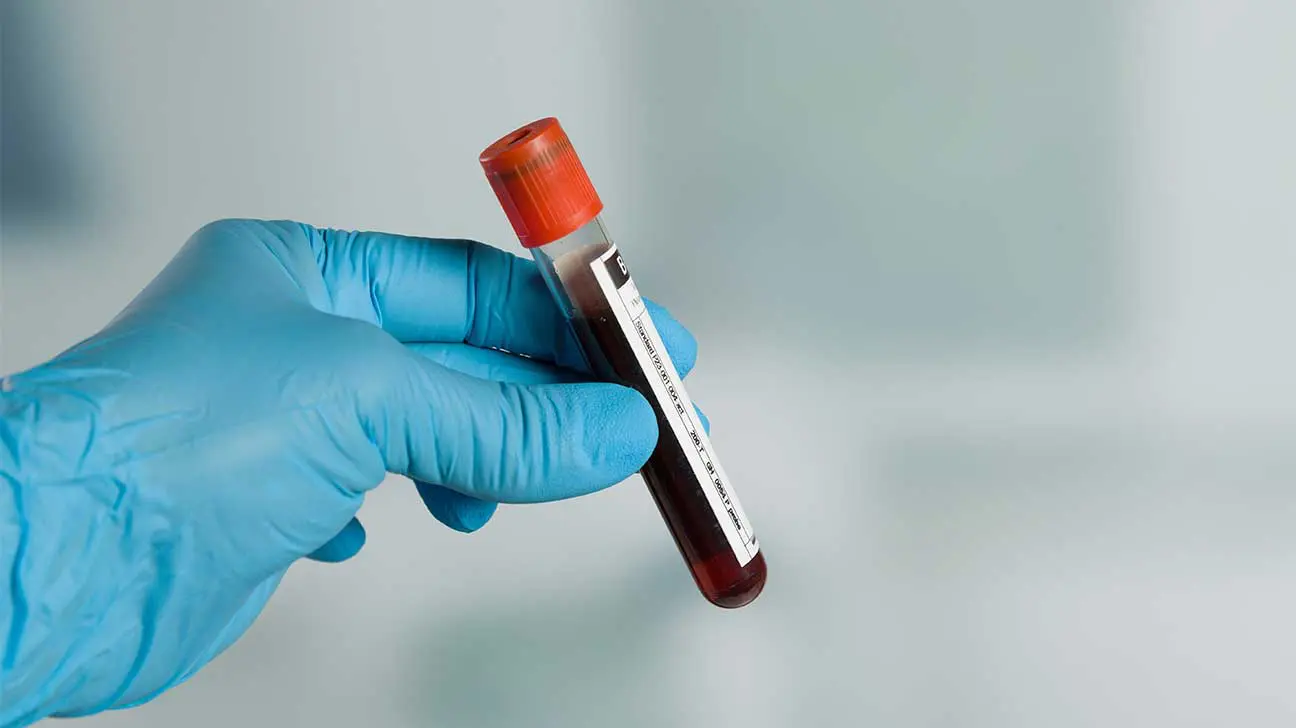
Because gabapentin is not a common drug of abuse, a specialized drug panel will need to be used to detect gabapentin in the blood.
Alternative brand names for gabapentin include:
- Neurontin
- Gralise
- Horizant
- Neuraptine
Gabapentin can also be detected in the urine and hair follicles.
Detecting Gabapentin Through A Blood Test
Gabapentin is a prescription anticonvulsant that can remain in the blood for up to two days after your last dose.
Factors That Affect How Long Gabapentin Stays In The Blood
There are a number of personal and biological factors that can affect how long it will take for gabapentin to be absorbed, metabolized, and eliminated from the bloodstream.
Factors that can affect the detection time of gabapentin include:
- age
- dosage
- duration of use
- poor kidney function
- use of other drugs (e.g. opioids, alcohol, benzodiazepines)
- body fat percentage
Average detection times for gabapentin will generally be extended for people who have impaired renal (kidney) function, due to how the drug is metabolized.
Why Do People Get Their Blood Tested For Gabapentin?
Gabapentin has been increasingly reported as a drug of abuse among people with a previous history of substance abuse and addiction.
While not known to have a high addiction potential, gabapentin can produce mild euphoric effects that may be sought out by people without access to other drugs.
Gabapentin abuse may lead to physical dependence. If you’re physically dependent on gabapentin as a result of drug abuse, seeking out a detox program may be recommended.
Finding Treatment For Gabapentin Abuse And Addiction
It’s important to take gabapentin exactly as prescribed. Abusing gabapentin can be dangerous, especially if it’s taken with other powerful drugs.
Treatment options for gabapentin abuse may involve:
- detox
- counseling
- pain management
- inpatient rehab
If you or a loved one is abusing gabapentin, we may be able to help. Call our helpline today to find a substance abuse treatment program that’s right for you.
Addiction Resource aims to provide only the most current, accurate information in regards to addiction and addiction treatment, which means we only reference the most credible sources available.
These include peer-reviewed journals, government entities and academic institutions, and leaders in addiction healthcare and advocacy. Learn more about how we safeguard our content by viewing our editorial policy.
- JAMA Network—Gabapentinoid Use in the United States 2002 Through 2015
https://jamanetwork.com/journals/jamainternalmedicine/fullarticle/2666788 - Substance Abuse and Mental Health Services Administration (SAMHSA)—Drug Testing
https://www.samhsa.gov/workplace/resources/drug-testing - U.S. Food and Drug Administration (FDA)—Neurontin Label
https://www.accessdata.fda.gov/drugsatfda_docs/label/2010/020235s043lbl.pdf - U.S. National Library of Medicine: Medline—Gabapentin
https://medlineplus.gov/druginfo/meds/a694007.html


